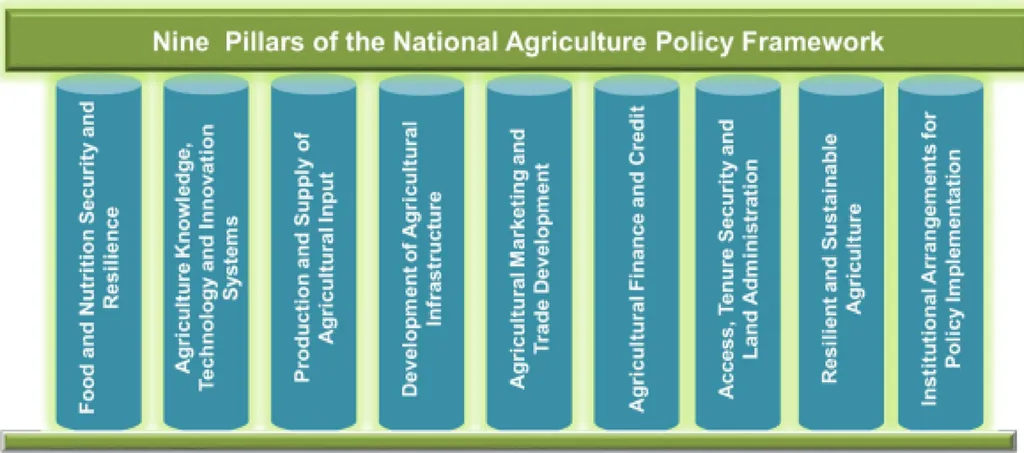In the heart of Zimbabwe, a quiet agricultural revolution is underway, driven by a program called Pfumvudza/Intwasa. This initiative, championed by the government, is promoting conservation agriculture (CA) practices among smallholder farmers, aiming to boost productivity and resilience in the face of climate variability. But what role do policies and institutional frameworks play in sustaining such programs? A recent study published in *Discover Agriculture* sheds light on this critical question, offering insights that could shape the future of agriculture in Sub-Saharan Africa.
The study, led by Susan Samukele Dube from the Department of Environmental Sciences at the University of South Africa, critically examines the role of government policies and institutional frameworks in sustaining conservation agriculture practices in Zimbabwe. The research focuses on the Pfumvudza/Intwasa program, which aligns with national policies such as the National Agriculture Policy Framework (2019–2030), the Climate-Smart Agriculture Policy (2018), and the National Development Strategy 1 (2021–2025).
“While the policies emphasize conservation agriculture, inclusive participation, and resource distribution, challenges such as inadequate institutional coordination, limited extension services, and funding constraints undermine the sustainability of the Pfumvudza/Intwasa programme,” Dube notes. These findings highlight both the strengths and limitations of the current policy landscape.
The study reveals that although the policies provide essential guidelines for implementation, resource allocation, and support systems, there are significant gaps in execution. Misalignment among policies, inefficiencies in resource allocation, and political interference are among the key challenges identified. These issues limit the program’s reach and effectiveness, ultimately impacting the livelihoods of smallholder farmers.
“Strengthening institutional capacity, improving coordination among stakeholders, and addressing resource gaps are critical to ensuring the program’s long-term success,” Dube emphasizes. The research recommends policy harmonization, targeted investments in extension services, and the promotion of equitable resource distribution. Additionally, leveraging technology for monitoring, enhancing market access for smallholders, and fostering public-private partnerships are suggested as key strategies to support the scalability and sustainability of the Pfumvudza/Intwasa program.
The commercial impacts of these findings are profound. For the agriculture sector, the successful implementation of conservation agriculture practices can lead to increased productivity, enhanced climate resilience, and improved food security. This, in turn, can attract investments, create jobs, and stimulate economic growth. The study underscores the need for a holistic approach that integrates policy, technology, and community engagement to achieve these goals.
As the world grapples with the challenges of climate change and food security, the insights from this research offer a roadmap for sustainable agricultural development. By addressing the identified challenges and leveraging the strengths of existing policies, Zimbabwe and other nations in Sub-Saharan Africa can pave the way for a more resilient and productive agricultural future.
The study, published in *Discover Agriculture*, provides a comprehensive analysis of the role of policies and institutional frameworks in sustaining conservation agriculture. Led by Susan Samukele Dube from the Department of Environmental Sciences at the University of South Africa, the research offers valuable insights into the challenges and opportunities facing the Pfumvudza/Intwasa program. As the agricultural sector continues to evolve, the findings from this study will undoubtedly shape future developments in the field, guiding policymakers, practitioners, and investors towards a more sustainable and prosperous future.

